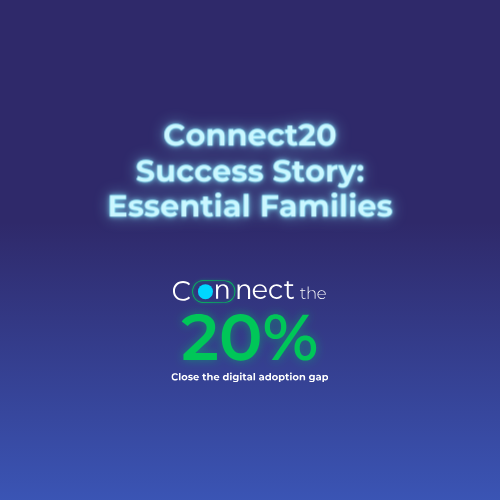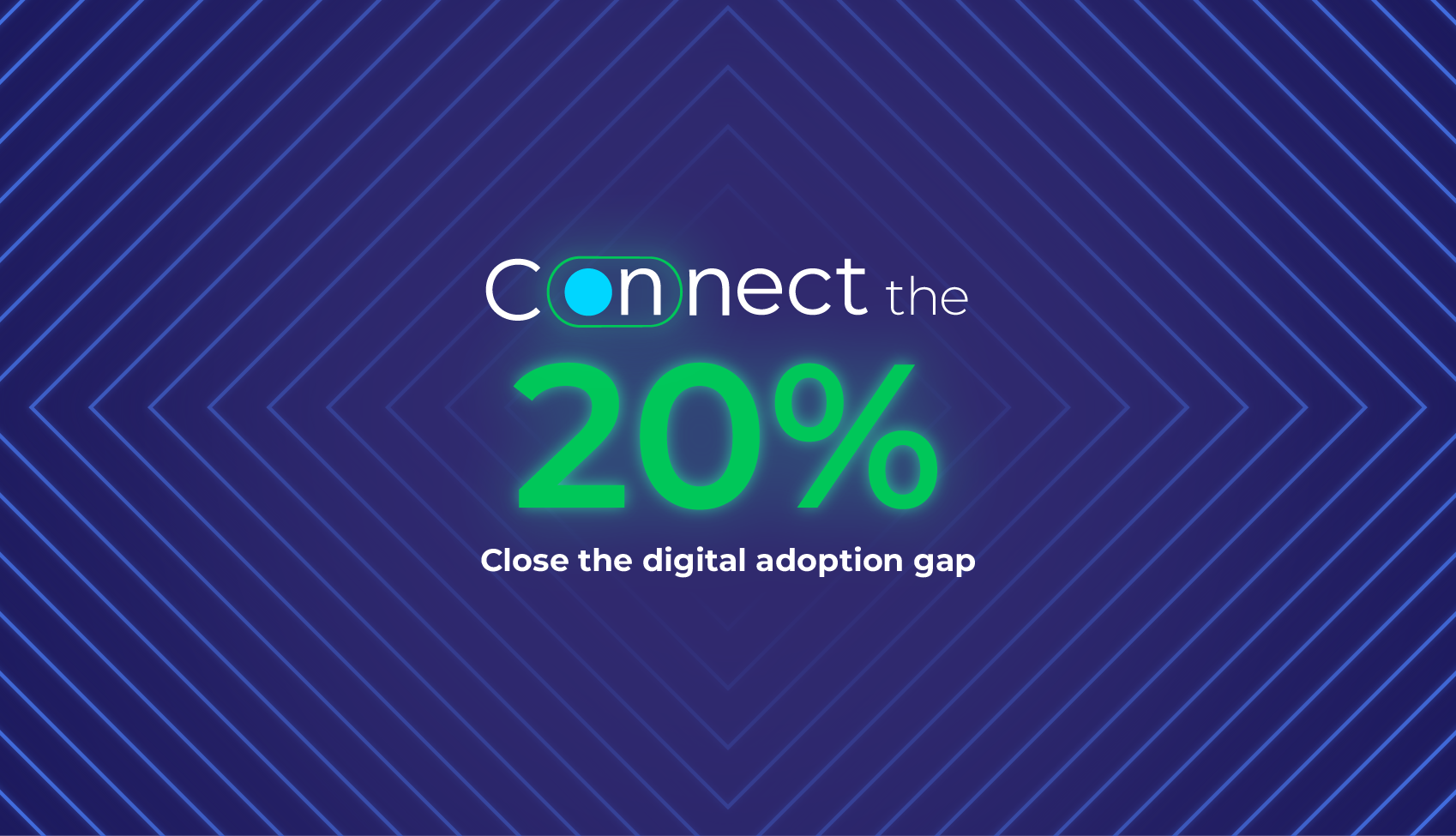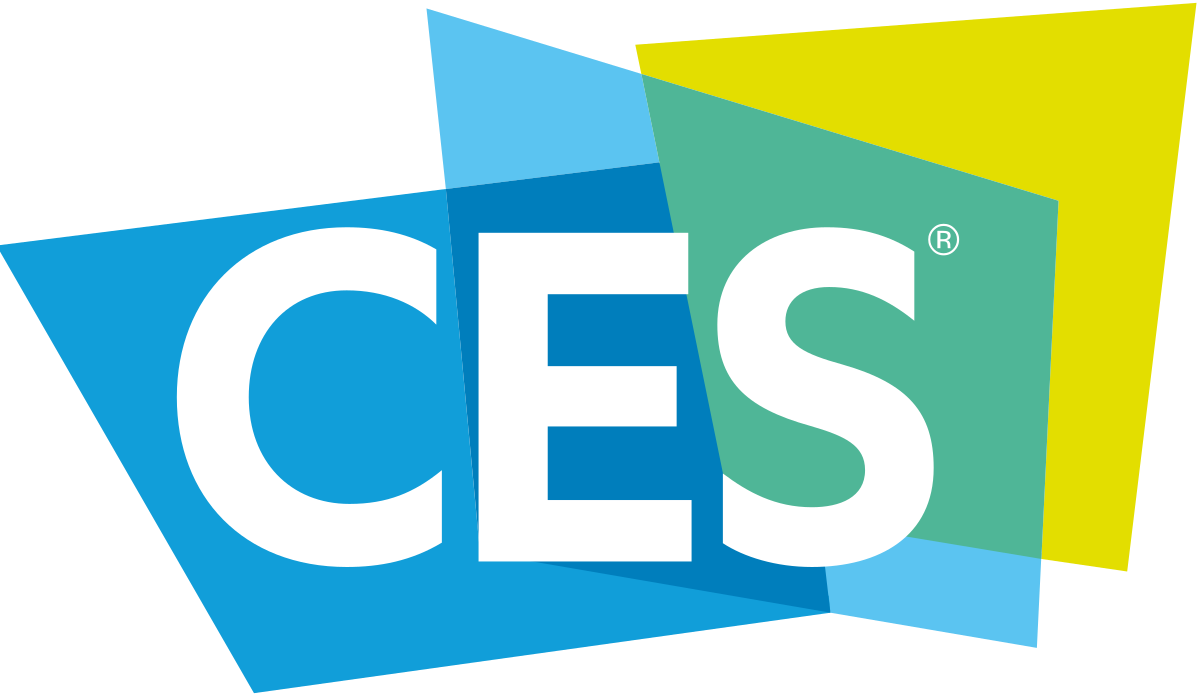February 8 marked the Affordable Connectivity Program’s enrollment freeze as the FCC prepares for it to run out of money in April. This is happening as ACP hit a major milestone—connecting 23 million households to get affordable, reliable access to America’s Excellent Internet.
New stats from the White House show the true scope of the ACP’s impact:
1. Nearly half of the households benefitting from ACP are military families.
2. Four million seniors and 10 million Americans over the age of 50 benefit from this program every month.
3. 1-in-4 households are African American, and 1-in-4 are Latino.
4. 320,000 households on Tribal lands benefit.
Digital navigators from across the U.S. share how losing this program impacts their work and the households they help get online.

With the end of ACP funding fast approaching, what are you seeing on the ground?
Walter Prescher, Easter Seals Greater Houston (Houston, TX): “I am seeing a lot of confusion. Several of my clients have received their first notice about the potential end of the Affordable Connectivity Program and they have a lot of questions about what that means.” Some people “had no clue the benefit might be ending.”
Abby Russell, Hocking Athens Perry Community Action (Glouster, OH): “Most people don’t realize the program is truly ending, despite being told when they signed up.”
Kendall Lee-Daugherty, Cherokee Nation (Catoosa, OK): “There is still a large number of people that do not know about the program, the people that do are a bit concerned about how they will pay their internet bill.”
Gina Birch, Ashbury Senior Computer Community Center (Cleveland, OH): “Honestly, people still want to sign up for it. Even though there are attempts to wind down the program, the need for it is not winding down at all.”
How will your work be impacted by not being able to sign new people up for the ACP?
Prescher: “[My clients] need ACP to make the internet a viable option for their homes … When looking at digital inclusion/ equity from the three-legged stool (connection, devices, and education) if you pull one of those legs, the stool will fall and that makes the work all that much harder.”
Russell: “Helping [people] with affordability will be tough. I feel like we will be taking a huge step back in all the progress we’ve made with clients if they lose their home internet service.”
Lee-Daugherty: “The ACP program helps more of my non-tribal clients who are a bit worried about how they will pay their internet bill, I have provided resources and contact information for local nonprofits that help with financial assistance.”
Birch: “What might, unfortunately, be more likely is going back to our ISP contacts and making sure we effectively exchange information about plans they do offer (or can offer in the future) that are accessible to people who qualify for ACP.”
How many of the people you have helped will lose internet access if the ACP is not renewed?
Prescher: “I would estimate that 20-30 families would totally lose internet in their homes, with another 10 families that would reduce themselves back to plans that do not meet current FCC requirements for a broadband connection. This is approximately 30-40% of the households I have helped get affordable broadband internet service.”
Russell: “Many people are having to look at their finances and make tough decisions about how they are going to be able to pay for internet access … what other sacrifices they would need to make.”
Lee-Daugherty: “About 15 non-tribal clients will lose their internet access unless they come up with another solution to get their internet bill paid.”
Birch: “A lot of the people that enrolled didn’t have internet access at all before signing up; and everyone enrolled is under financial pressure just trying to function equally in society. As far as losing access completely? I would estimate that more than half of the people we assisted will have to give up high-speed fixed home broadband completely, due to the cost.”





